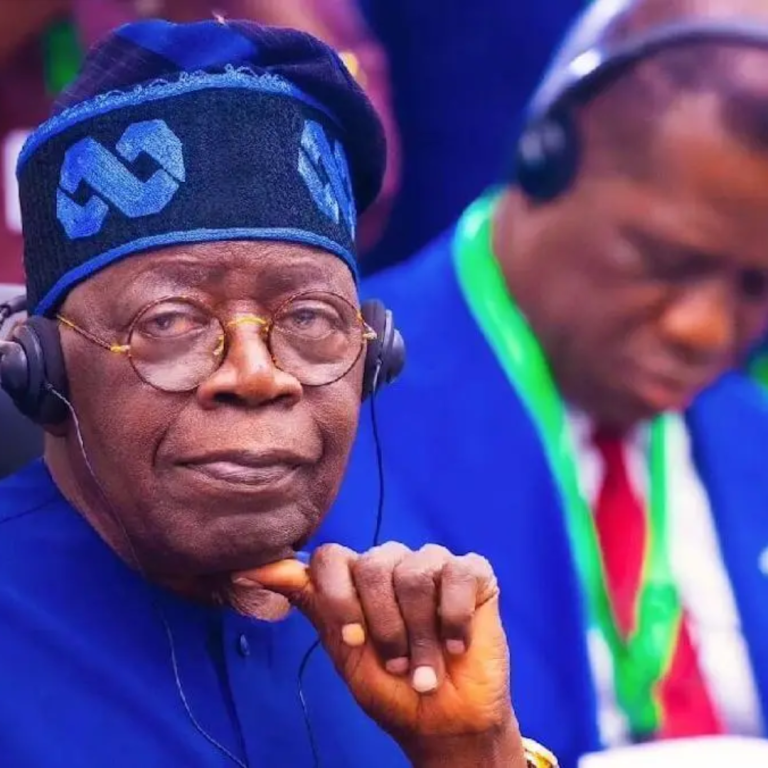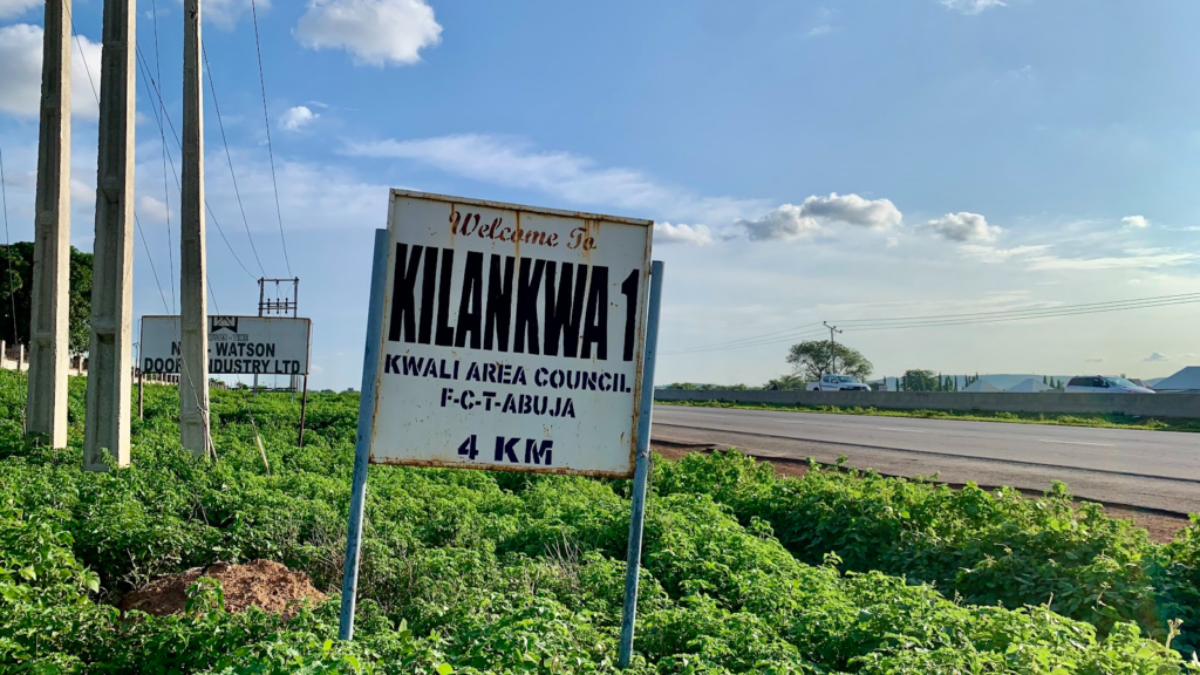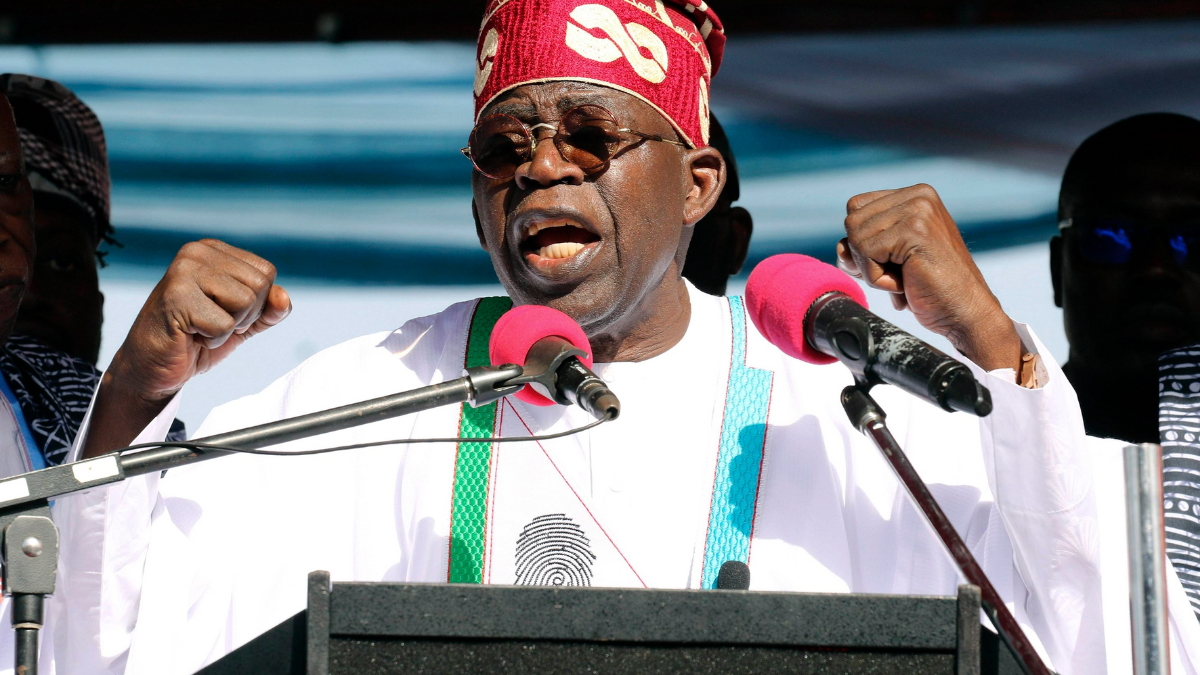If you’re a Nigerian reading this, chances are you’ve been frustrated and stranded so many times because the Automated Teller Machines (ATMs) attached to banks and other designated spots around you do not have the cash to dispense, so you had no choice but to opt for Point Of Sales (POS) merchants who in turn, charge an arm and a leg before they give you the cash.
If this is you (it’s you for sure), you’re in luck because the Central Bank of Nigeria (CBN) has decided it’s seen enough of this mess and has come up with a solution to relieve your stress. On November 29, the CBN outlined recommended steps for customers to use in reporting banks that cannot provide them with cash through Over-The-Counter withdrawals or ATMs.
In a circular titled ‘Cash Availability Over The Counter in Deposit Money Banks (DMBs) and Automated Teller Machines (ATMs),’ the CBN instructed banks to ensure that cash is always available to customers or face the repercussions that will come with it from now on.
“DMBs are directed to ensure efficient cash disbursement to customers Over-the-Counter (OTC) and through ATMs as the CBN will intensify its oversight roles to enforce this directive and ensure compliance,” the circular read in part.
Continuing, the CBN provided steps that it wants customers affected by cash scarcity to take in reporting banks so that they (CBN) can get rid of issues “hindering the availability of cash” and help improve cash circulation. We list the steps below.
How to report a bank for cash scarcity
- Call the designated phone numbers of the CBN branch in the state where the defaulting bank falls under and provide them with your account name, name of the defaulting bank, the amount that you want to withdraw (but could not), time, and date when the incident occurred.
- Send an email to the designated email address of the CBN branch in the state where the defaulting bank falls under and provide them with your account name, name of the defaulting bank, the amount that you want to withdraw (but could not), time, and date when the incident occurred.
How will this help?
Over the past months, Nigerians have suffered on and off cash shortages from bank counters and ATMs that have led them to frequently patronise POS merchants or find other alternatives.
Most recently in November, people were so frustrated with this shortage that they took to X to call for an end to POS businesses as they believed they were the major cause of the cash scarcity across the country.
But POS operators have said they’re not the problem. According to the National Secretary of the Association of Point Of Sale (POS) users in Nigeria, Isa Zakari, the shortage of cash has majorly been caused by bankers (who own many POS outlets) removing chunks of money meant to be in circulation for regular customers and putting them at their outlets who then charge outrageous amounts for the cash.
He added that the cash scarcity can also be traced to greedy bank managers and bankers who have been known to sell cash to some POS operators as well as people from the Niger Republic that now increasingly use the Naira as an alternative to the shortage of theirs.
In November, Daily Post Newspaper also spoke to bankers who denied the claims of the POS operators and bounced back the blame on them instead.
With this new directive, Nigerians will no longer have to play a guessing game to figure out who the guilty party is because banks will now be required to ensure that cash is available to customers both over the counters and at ATMs or face strong consequences from CBN.
Will it work? Nigerians might have to find out by calling and emailing the CBN with their complaints.




